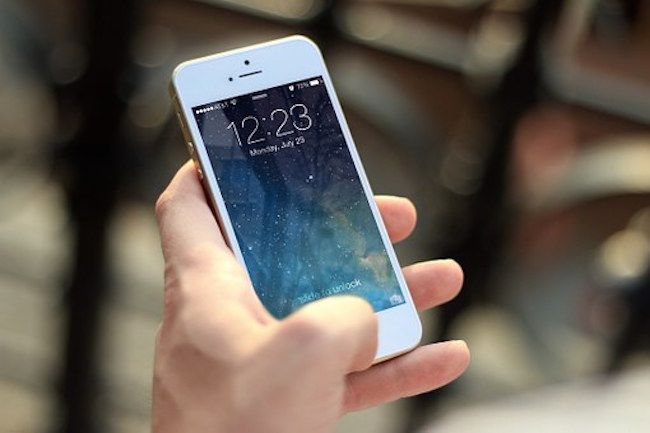Text-Messaging as Effective as Medication for Improving Type 2 Diabetes? by for Natural Society
Diabetes can be a royal pain in the you-know-what. Staying healthy always requires effort, but living with diabetes and staying healthy requires extra effort. No fun. Interestingly, one study claims something quite bizarre related to diabetes managements – texting is just as good as medication at improving blood sugar levels. Hmmm. [1]
The Dulce Digital clinical trial found that low-income Hispanics with Type 2 diabetes who received health-related text messages daily for 6 months showed improvements in their blood glucose levels comparable to those they would have had if they were taking medication.
Athena Philis-Tsimikas, M.D., corporate vice president of Scripps Whittier, said:
“As a low-cost intervention, we believe text messaging has great potential to improve the management of diabetes, especially among patients who struggle, due to employment, transportation and other barriers, to access healthcare services.
The data from our new study proves that this an effective approach.”
About 30 million Americans have diabetes, which costs the United States more than $245 billion a year. Hispanics are at higher risk for the disease – 13.9% compared with 7.6% for non-Hispanic whites.
For the study, conducted between October 2012 and August 2014, researchers recruited 63 low-income Hispanic participants. The volunteers watched a 15-minute diabetes instructional video, and were then given a blood glucose meter and instructions on using it. All participants received access to their normal care, including voluntary visits with a primary care physician, as well as a certified diabetes instructor, and group diabetes self-management education.
The participants who were randomly assigned to the study group received 2-3 short text messages a day at the start of the trial, but received fewer as the study went on. Each individual in the study group received an average of 354 messages over the course of the research. The texts looked something like this:




